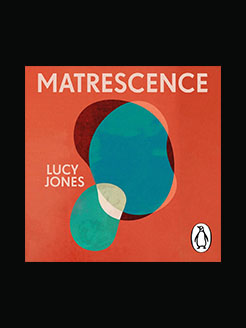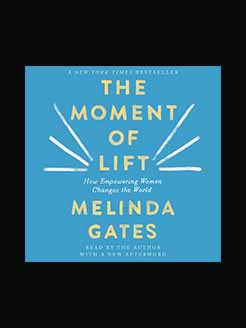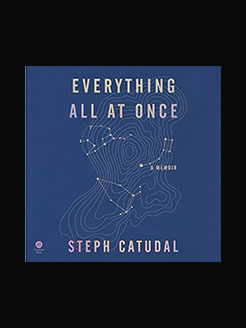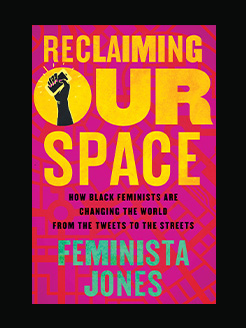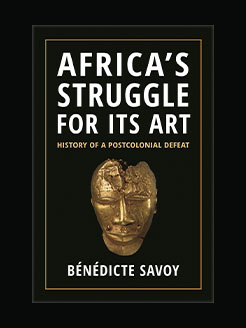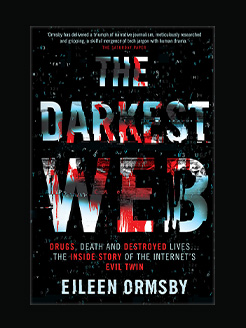Published in 1999
400 pages
Karen Foss (Ph.D., University of Iowa) is Regents’ Professor and until recently was Chair of the Department of Communication and Journalism at the University of New Mexico and has joined Stephen Littlejohn as a co-author on his bestselling textbook,Theories of Human Communication, 9th Edition. She has been at the University of New Mexico since 1993 and in that time served not only as a departmental chair but also as Director of Graduate Studies for the department and as Director of Women’s Studies. In 2005, she received the Gender Scholar of the Year award from the Southern States Communication Association and was named Presidential Teaching Fellow for 2004-2006. Her research interests include contemporary rhetoric and criticism, social movements and social change, and feminist perspectives on communication. In addition to her work on Theories of Human Communication, she has co-authored Women Speak: The Eloquence of Women’s Lives, Inviting Transformation: Presentational Speaking for a Changing World, Contemporary Perspectives on Rhetoric, Feminist Rhetorical Theory (SAGE 1999) and Readings in Feminist Rhetorical Theory (SAGE 2004). Dr. Foss regularly teaches feminist rhetorical theory; rhetorical criticism; rhetorical theory; women, agency, and change; and public speaking.
What is this book about?
Feminist Rhetorical Theories offers feminist rhetorical theories developed from the works of nine feminist theorists who offer important insights into rhetoric and communication―Chris Kramarae, Bell Hooks, Gloria Anzaldua, Mary Daly, Starhawk, Paula Gunn Allen, Trinh T. Minh-ha, Sally Miller Gearhart, and Sonia Johnson. Each of the theories is explicated in terms of the nature of the world or the realm for rhetoric explicated by the theorist, the theorist′s definition of feminism, the nature of the rhetor or the kind of agent the theorist sees as acting in the world, and the rhetorical options envisioned by the theorist as available to rhetors. The resulting theories of rhetoric, which are substantially different from traditional rhetorical theories, re-vision rhetoric and encourage scholars to rethink many traditional rhetorical constructs.
Features and benefits of this book include:
- Fully developed rhetorical theories from feminist perspectives, offering feminist alternatives to traditional rhetorical theory
- Coherent, systematic overviews of complex, large bodies of the work and ideas of feminist theorists whose ideas are relevant to rhetorical studies
- Theorists from diverse standpoints who hold various definitions on feminisms, demonstrating the diversity of feminism and of feminist rhetorical theories
